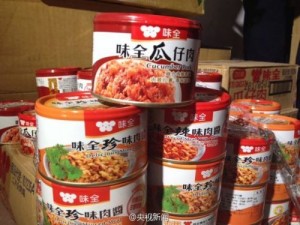In class 19(People, Culture, and Teams) we learned the sigficance of organizational culture and human resource management by identifying Zappo’s business success. Therefore, I decide to analyze the CEO, Tony Hsieh’s objective and evaluate whether preserving the customer-led culture and enforcing incentive compensation are beneficial to the company.
 As stated in Hsieh’s article, Zappos decided to relocate from San Francisco to Las Vegas to provide better call centre service. In Las Vegas, which is an all-night city, finding employees for overnight shifts is not a difficult task. In addition, because the city’s economy focuses predominantely on hospitality, the employees are accustomed to costumized services. However, the telephone services only contributed to 5% of the total sales, but Zappos is wiling to focus on this sector, reflects its beliefs that customer experience is important and that the lifetime value of customer is fixed.
As stated in Hsieh’s article, Zappos decided to relocate from San Francisco to Las Vegas to provide better call centre service. In Las Vegas, which is an all-night city, finding employees for overnight shifts is not a difficult task. In addition, because the city’s economy focuses predominantely on hospitality, the employees are accustomed to costumized services. However, the telephone services only contributed to 5% of the total sales, but Zappos is wiling to focus on this sector, reflects its beliefs that customer experience is important and that the lifetime value of customer is fixed.
Despite the success this strategic move has brought to the company, I disagree with Hsieh’s decision due to the unnecessary cost of relocation and employee benefit package. As Hsieh mentioned, Zappos paid the relocation cost for the employees who came along and even helped them to find new homes. However, the action contradicted its purpose of moving to Las Vegas, which is to find local employees who treat customers better. In addition, the job these employees perform is basic customer service and do not require extensive training. I suspect there is no real need for Zappos to spend an overall $500,000 dollars. Moreover, Hsieh has admitted the expense was too high and decided to sell Zappos to Amazon in 2009. If the company had not reinforced the incentive compensation package for employees, but using competition and punishment instead, a huge amount of cost would have been saved. Although this (i.e., without the free food and 100% medical care) may hurt the working atmosphere, the employees will still strive to perform well in order to be rewarded or stay in Zappos.
After all, business should be about maximizing the profit, not creating a comfortable working space or a family-like executive team.
Works Cited:
“Zappos’ CEO on Using Corporate Relocation to Preserve Customer-Led Culture” by Tony Hsieh, January 3, 2014
https://hbr.org/2014/01/zappos-ceo-on-using-corporate-relocation-to-preserve-customer-led-culture/















